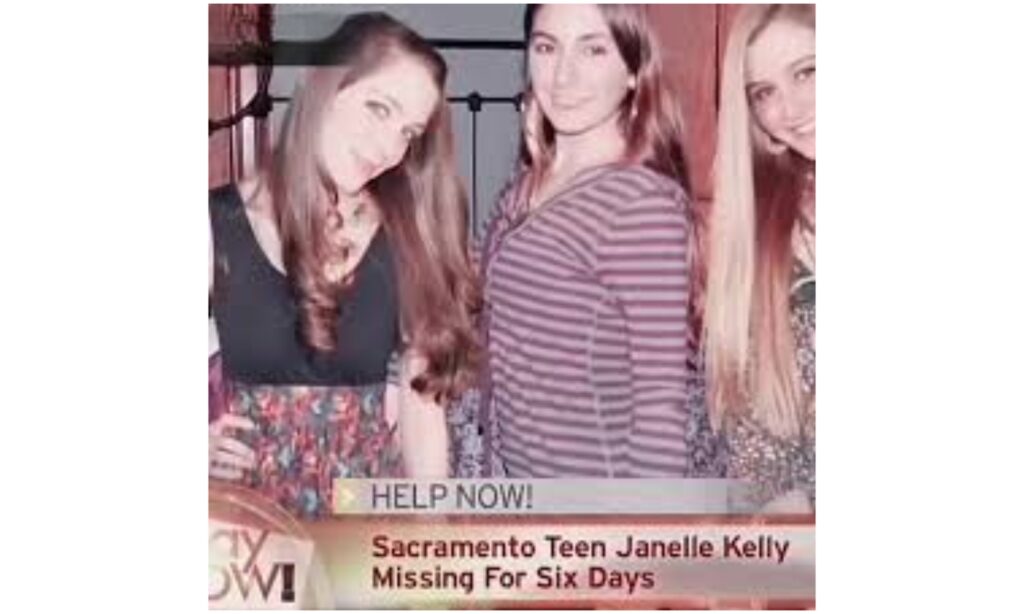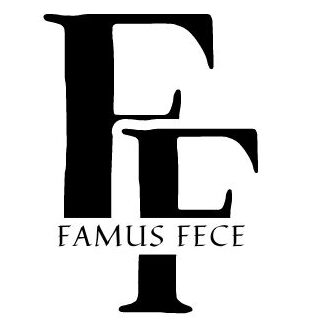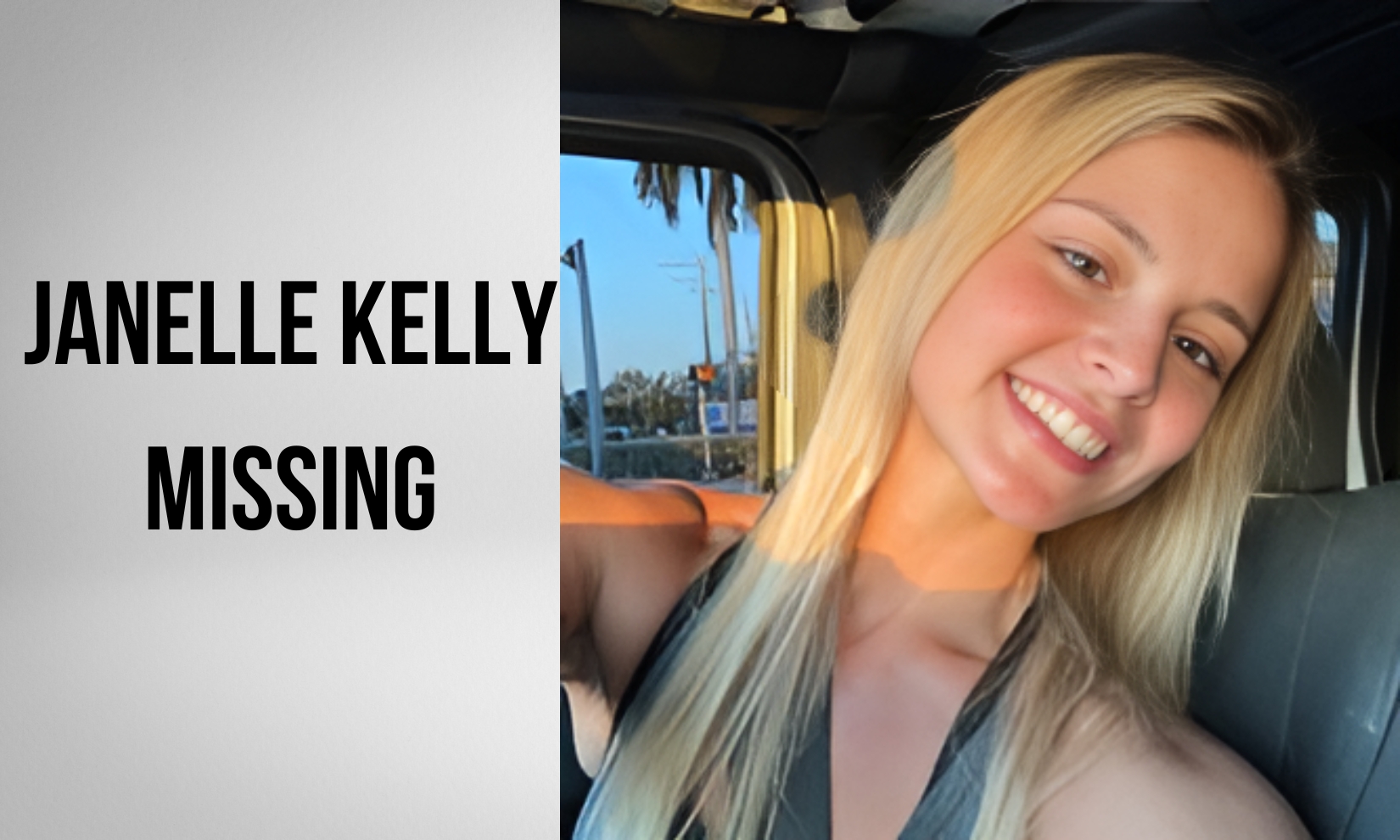In an era where information spreads at lightning speed, the Janelle Kelly missing person case emerged as a viral story that captivated the nation. This tale of a supposedly missing teenager took social media by storm, sparking intense debates and emotional reactions.
However, as the dust settled, a surprising truth came to light: Janelle Kelly wasn’t missing at all. In fact, she never existed. Let’s delve into this fictional narrative and uncover how it became a powerful tool for social criticism and media impact.
The Skit: Missing Teen’s Friends Go On TV To Plead For Her Release
The Janelle Kelly story began with what appeared to be a routine local news broadcast. A somber-faced anchor introduced a heartbreaking tale: 16-year-old Janelle Kelly had vanished without a trace. What followed, however, was anything but ordinary.
Three individuals, purporting to be Janelle’s friends, appeared on screen to plead for her safe return. As they spoke, the interview took several unexpected turns that left viewers increasingly perplexed:
- One friend casually mentioned Janelle’s fondness for “vaping and partying”
- Another nonchalantly suggested she “probably ran away with her 26-year-old boyfriend”
- The third seized the opportunity to promote her SoundCloud account
The anchor’s reactions, ranging from confusion to barely concealed frustration, added to the surreal nature of the segment. This carefully crafted skit, designed to mimic real news coverage, set the stage for a whirlwind of public reaction and media manipulation.
“We’re like, super worried about Janelle… but also, check out my new track on SoundCloud!” – ‘Friend’ in the viral video
As the interview progressed, it became increasingly clear that this was no ordinary missing person report. The juxtaposition of the serious subject matter with the friends’ inappropriate behavior created a satirical narrative that would soon spread like wildfire across social media platforms.
The Reactions: Confusion, Anger, And Humor

The Janelle Kelly missing person story rapidly gained traction online, eliciting a wide spectrum of responses that reflected varying societal attitudes:
| Platform | Reaction |
| #BringJanelleHome trended alongside #IsThisForReal | |
| Shares skyrocketed, with heated debates in comment sections | |
| TikTok | Users recreated the “interview” in countless parody videos |
| Influencers shared “awareness” posts before realizing it was satire |
Celebrity involvement further amplified the story’s reach and impact. Some public figures expressed genuine concern for Janelle’s safety before realizing the satirical nature of the content. This celebrity engagement blurred the lines between fact and fiction even further, leading to a divided public opinion:
- Believers: Those who took the story at face value, genuinely worried about Janelle’s well-being
- Skeptics: Users who quickly identified the satirical elements and joined in on the joke
- Critics: Individuals concerned about the potential negative impact on real missing persons cases
The viral nature of the Janelle Kelly story highlighted society’s complex relationship with media, tragedy, and online content consumption. It also shed light on how quickly misinformation can spread, even when the content is clearly satirical to some viewers.
The Purpose: Satire As A Form Of Social Criticism
At its core, the Janelle Kelly missing person case was a meticulously crafted piece of satire designed to provoke thought and discussion. By creating a fictional narrative that mimicked real media coverage, the creators shed light on several pressing societal issues:
- Media Sensationalism: The exaggerated portrayal of Janelle’s friends highlighted how some news outlets prioritize shock value over substance in their reporting.
- Public Apathy: The casual attitudes of the “friends” reflected a disturbing trend of indifference towards genuine tragedies in society.
- Social Media Culture: The friend promoting her SoundCloud account during a missing person interview satirized the often inappropriate self-promotion seen online, even during serious events.
- Misinformation Spread: The rapid viral spread of the story demonstrated how easily false information can proliferate in the digital age.
To fully appreciate the impact of this satirical piece, it’s crucial to understand satire itself:
Satire: A form of humor that uses irony, exaggeration, or ridicule to criticize societal flaws, often with the intent of inspiring change or raising awareness.
The Janelle Kelly story serves as a prime example of how satire can function in the digital age. By creating a fictional missing person, the creators forced viewers to confront uncomfortable truths about media practices, societal attitudes, and our collective response to tragedy.
Case Study: The Yes Men

The Janelle Kelly phenomenon bears some resemblance to the work of The Yes Men, a culture jamming activist duo known for their satirical hoaxes. In both cases:
- Fictional narratives were presented as fact to highlight societal issues
- Media manipulation was used to spread a message
- The events sparked discussions about corporate and media responsibility
For example, in 2004, The Yes Men impersonated Dow Chemical representatives on BBC World News, claiming responsibility for the Bhopal disaster and promising compensation to victims. This hoax, like the Janelle Kelly story, used satire to draw attention to serious issues and critique societal attitudes.
Conclusion
The Janelle Kelly missing person case, though fictional, left an indelible mark on our digital landscape. This viral story held up a mirror to society, reflecting our complex relationship with media, tragedy, and online interaction. It demonstrated the power of satire to provoke thought and spark crucial conversations about pressing issues.
As we navigate an increasingly connected world, the Janelle Kelly phenomenon serves as a potent reminder of the need for critical thinking and media literacy. It highlights how easily misinformation can spread, even when the content is clearly satirical to some viewers.
Ultimately, this case study in viral storytelling underscores the importance of questioning, verifying, and thinking critically about the content we consume and share. While Janelle Kelly may not have been real, the lessons her story imparts about media impact, societal attitudes, and the power of satire are undeniably authentic and relevant in our digital age.
Also Read : Pastor Chris Hodges Scandal: Why This Happened and Apology?

Experienced website administrator Specializing in general topics. Skilled in managing content, Optimizing User Experience, and ensuring site functionality. Dedicated to Delivering Quality and Engaging online experiences for Visitors.












